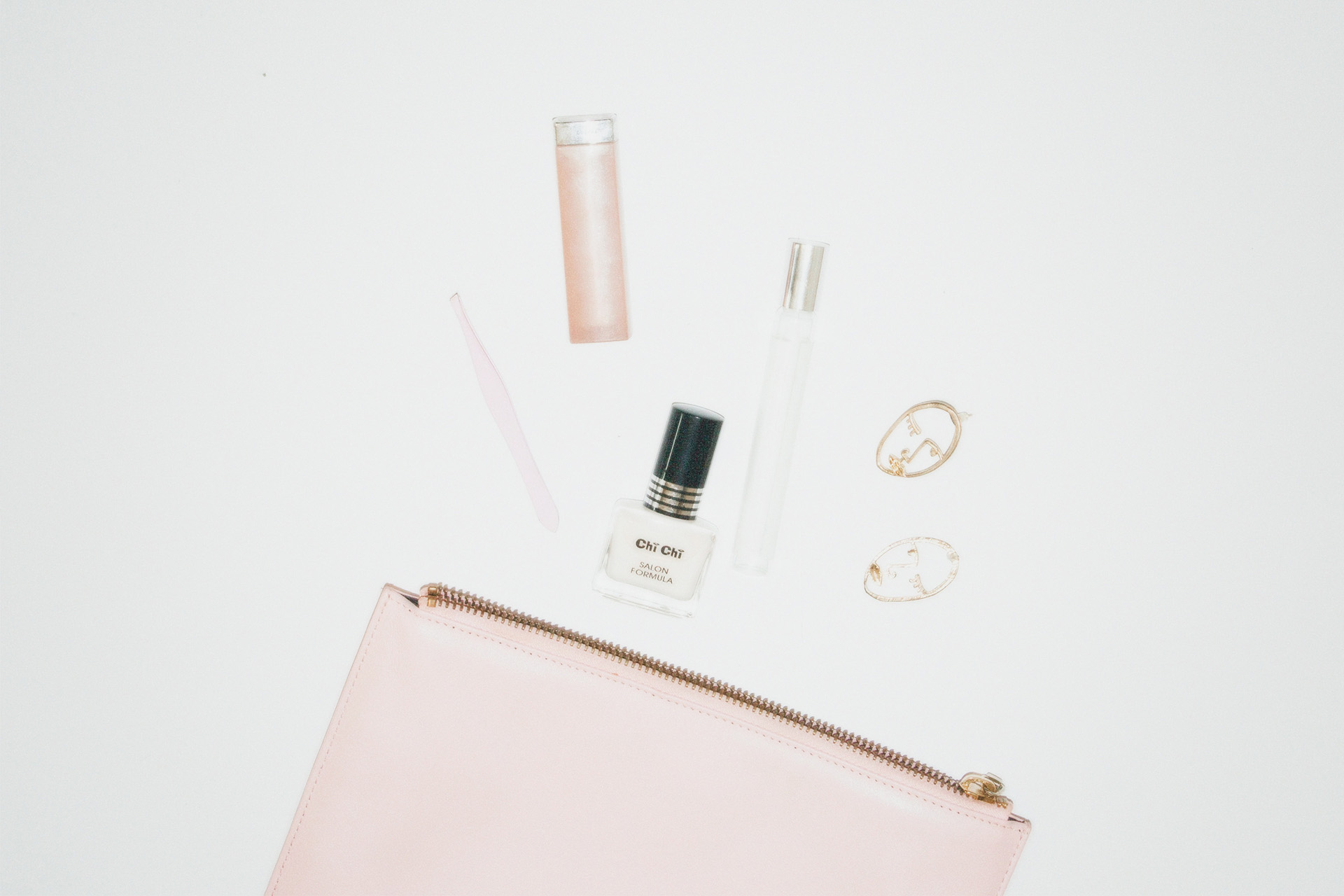Acne is a common skin condition that affects millions of people worldwide. It can be frustrating and challenging to deal with, but the good news is that there are numerous effective treatments available. From over-the-counter solutions to prescription medications, the options for managing acne are vast. In this comprehensive guide, we will explore various acne medications, how they work, their potential side effects, and how to choose the right treatment for your skin type and severity of acne.
Understanding Acne
What is Acne?
Acne is a skin condition that occurs when hair follicles become clogged with oil and dead skin cells. This leads to the formation of pimples, blackheads, whiteheads, and, in severe cases, cysts and nodules. Acne commonly appears on the face, neck, chest, back, and shoulders.
Causes of Acne
Several factors contribute to the development of acne, including:
- Hormonal changes: Hormonal fluctuations during puberty, menstruation, pregnancy, and menopause can increase oil production in the skin.
- Excess oil production: Overactive sebaceous glands produce too much oil, which can clog pores.
- Bacteria: Propionibacterium acnes (P. acnes) bacteria can proliferate in clogged pores, leading to inflammation.
- Diet: Certain foods, such as dairy products and high-glycemic-index foods, may exacerbate acne.
- Stress: Stress can trigger hormonal changes that may worsen acne.
- Genetics: A family history of acne can increase the likelihood of developing the condition.
Over-the-Counter (OTC) Acne Medications
OTC acne medications are typically the first line of defense against mild to moderate acne. These treatments are widely available and do not require a prescription.
Benzoyl Peroxide
How it Works
Benzoyl peroxide is a powerful antibacterial agent that helps reduce the number of acne-causing bacteria on the skin. It also has anti-inflammatory properties and helps to clear clogged pores.
Usage
- Available in various concentrations (2.5%, 5%, 10%)
- Commonly found in gels, creams, and cleansers
- Apply once or twice daily to affected areas
Side Effects
- Dryness
- Redness
- Peeling
- Irritation
Salicylic Acid
How it Works
Salicylic acid is a beta-hydroxy acid (BHA) that exfoliates the skin and helps to unclog pores. It also has anti-inflammatory properties that reduce swelling and redness.
Usage
- Available in concentrations ranging from 0.5% to 2%
- Found in cleansers, toners, and spot treatments
- Apply once or twice daily
Side Effects
- Mild irritation
- Dryness
- Peeling
Alpha Hydroxy Acids (AHAs)
How it Works
AHAs, such as glycolic acid and lactic acid, exfoliate the skin by removing dead skin cells from the surface. This helps to prevent clogged pores and promotes cell turnover.
Usage
- Available in concentrations from 5% to 10%
- Found in cleansers, toners, and peels
- Apply once or twice daily
Side Effects
- Mild irritation
- Sensitivity to sunlight (use sunscreen)
Sulfur
How it Works
Sulfur helps to dry out the surface of the skin and absorb excess oil. It also has antibacterial properties that reduce bacteria on the skin.
Usage
- Found in masks, cleansers, and spot treatments
- Apply as directed on the product label
Side Effects
- Dryness
- Unpleasant odor
- Mild irritation
Prescription Acne Medications
For moderate to severe acne, prescription medications may be necessary. These treatments are typically stronger and more effective than OTC options.
Topical Retinoids
How it Works
Topical retinoids, such as tretinoin, adapalene, and tazarotene, are derived from vitamin A. They work by increasing cell turnover, preventing clogged pores, and reducing inflammation.
Usage
- Apply a pea-sized amount to affected areas once daily, preferably at night
- Start with a lower concentration to minimize irritation
Side Effects
- Dryness
- Redness
- Peeling
- Increased sensitivity to sunlight (use sunscreen)
Topical Antibiotics
How it Works
Topical antibiotics, such as clindamycin and erythromycin, reduce the number of P. acnes bacteria on the skin and decrease inflammation.
Usage
- Apply a thin layer to affected areas once or twice daily
- Often combined with benzoyl peroxide to prevent antibiotic resistance
Side Effects
- Mild irritation
- Dryness
- Redness
Oral Antibiotics
How it Works
Oral antibiotics, such as doxycycline, minocycline, and erythromycin, reduce the number of bacteria and inflammation from within the body.
Usage
- Taken daily or as prescribed by a doctor
- Typically used for moderate to severe acne
Side Effects
- Gastrointestinal upset
- Increased sensitivity to sunlight (use sunscreen)
- Potential for antibiotic resistance
Oral Contraceptives
How it Works
Oral contraceptives, also known as birth control pills, can help regulate hormones that contribute to acne. They are particularly effective for women with hormonal acne.
Usage
- Taken daily as prescribed by a doctor
- Often combined with other acne treatments
Side Effects
- Nausea
- Weight gain
- Mood changes
- Increased risk of blood clots (discuss risks with a doctor)
Spironolactone
How it Works
Spironolactone is an oral medication that blocks androgen hormones, which can reduce oil production and improve hormonal acne.
Usage
- Taken daily as prescribed by a doctor
- Often used in combination with other treatments
Side Effects
- Increased urination
- Breast tenderness
- Irregular menstrual periods
Isotretinoin
How it Works
Isotretinoin, also known as Accutane, is a powerful oral retinoid that reduces oil production, prevents clogged pores, and decreases inflammation. It is typically used for severe, cystic acne that has not responded to other treatments.
Usage
- Taken daily for a specific duration, usually 4-6 months
- Requires regular monitoring by a doctor
Side Effects
- Dry skin and lips
- Increased sensitivity to sunlight (use sunscreen)
- Joint and muscle pain
- Potential for severe birth defects (requires strict birth control measures for women)
Combination Therapies
Combining different acne treatments can enhance their effectiveness and reduce the likelihood of developing resistance. Common combinations include:
- Benzoyl Peroxide and Topical Antibiotics: Combining these two can enhance antibacterial effects while minimizing the risk of antibiotic resistance.
- Topical Retinoids and Benzoyl Peroxide: This combination helps to unclog pores and reduce inflammation simultaneously.
- Oral Antibiotics and Topical Treatments: Using oral antibiotics in conjunction with topical treatments can provide a multi-faceted approach to severe acne.
Natural and Alternative Treatments
While conventional acne medications are often highly effective, some individuals prefer natural or alternative treatments. It’s important to approach these options with caution and consult a healthcare provider before starting any new treatment regimen.
Tea Tree Oil
How it Works
Tea tree oil has natural antibacterial and anti-inflammatory properties, making it a popular choice for treating acne.
Usage
- Dilute with a carrier oil (such as jojoba or coconut oil) and apply to affected areas
- Found in cleansers, toners, and spot treatments
Side Effects
- Skin irritation
- Allergic reactions (perform a patch test before use)
Aloe Vera
How it Works
Aloe vera has soothing and anti-inflammatory properties that can help reduce redness and swelling associated with acne.
Usage
- Apply pure aloe vera gel directly to the skin
- Found in gels, creams, and masks
Side Effects
- Allergic reactions (perform a patch test before use)
Zinc Supplements
How it Works
Zinc is a mineral that can reduce inflammation and bacteria associated with acne. It is available in oral supplement form.
Usage
- Take as directed on the supplement label or by a healthcare provider
Side Effects
- Nausea
- Digestive issues
Honey and Cinnamon Mask
How it Works
Honey and cinnamon both have antibacterial and anti-inflammatory properties that can help improve acne.
Usage
- Mix honey and cinnamon into a paste and apply to the skin for 10-15 minutes
- Rinse off with warm water
Side Effects
- Skin irritation (perform a patch test before use)
Choosing the Right Acne Medication
Factors to Consider
When selecting an acne treatment, consider the following factors:
- Severity of Acne: Mild acne may respond well to OTC treatments, while moderate to severe acne may require prescription medications.
- Skin Type: Individuals with sensitive skin should start with lower concentrations and gradually increase as tolerated.
- Side Effects: Be aware of potential side effects and choose treatments that align with your comfort level and lifestyle.
- Consistency: Acne treatments often require consistent use over several weeks or months to see improvement.
- Consultation with a Dermatologist: For persistent or severe acne, consulting a dermatologist can help tailor a treatment plan to your specific needs.
Skincare Routine for Acne-Prone Skin
A consistent skincare routine can complement acne medications and improve overall skin health. Consider incorporating the following steps:
- Cleansing: Use a gentle, non-comedogenic cleanser twice daily to remove dirt, oil, and makeup.
- Exfoliation: Exfoliate once or twice a week with a product suitable for acne-prone skin to remove dead skin cells and prevent clogged pores.
- Moisturizing: Even oily or acne-prone skin needs hydration. Choose a lightweight, non-comedogenic moisturizer.
- Sun Protection: Use a broad-spectrum sunscreen with at least SPF 30 daily to protect your skin from UV damage, especially when using treatments that increase sun sensitivity.
Conclusion
Managing acne requires a multifaceted approach, often involving a combination of medications and a consistent skincare routine. From OTC treatments like benzoyl peroxide and salicylic acid to powerful prescription options like isotretinoin, there are numerous effective solutions available. Understanding how each medication works, its potential side effects, and how to choose the right treatment for your skin type and severity of acne is crucial for achieving clear, healthy skin.
As a skincare expert and medical aesthetician, I hope this comprehensive guide provides valuable insights and helps you navigate the world of acne medications. Remember, consistency and patience are key, and consulting a dermatologist can provide personalized guidance to achieve the best results.




